90-million-year-old 'swimming dinosaur' skeleton found by dogs out walking in Somerset, and the nonchalant moths who don't bother fleeing enemies
A superbly intact dinosaur skeleton — described as being 'museum quality' — has been discovered on a beach in Somerset.
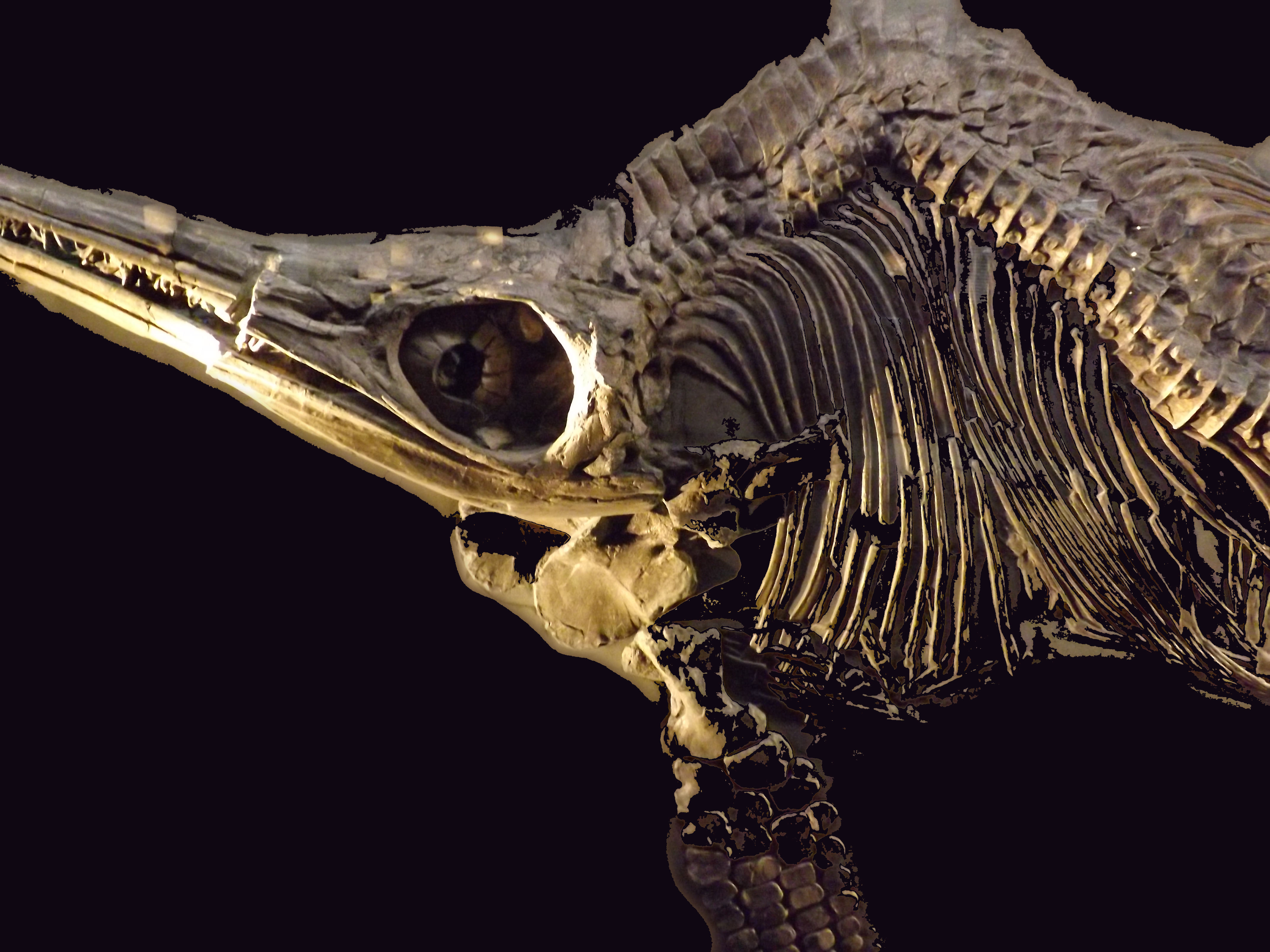
Poppy and Sam were being walked by their owner Jon Gopsill at Stolford this weekend when they came across the remains, which had seemingly been revealed by the storms at the end of last week.
The skeleton is believed to be that of an ichthyosaurus, the sea-going reptile often dubbed the 'swimming dinosaur', even though they aren't technically dinosaurs at all. Further examination will need to be carried out to confirm that, but if it's the case then the creature is at least 90 million and possibly as much as 240 million years old.
‘We were at the beach when I saw this thing and thought "what’s that?" so I went a bit closer and thought "wow",' Mr Gopsill told the Daily Mail.
‘I realised that it was amazing, museum quality stuff, as soon as I saw it I knew I found something special.'
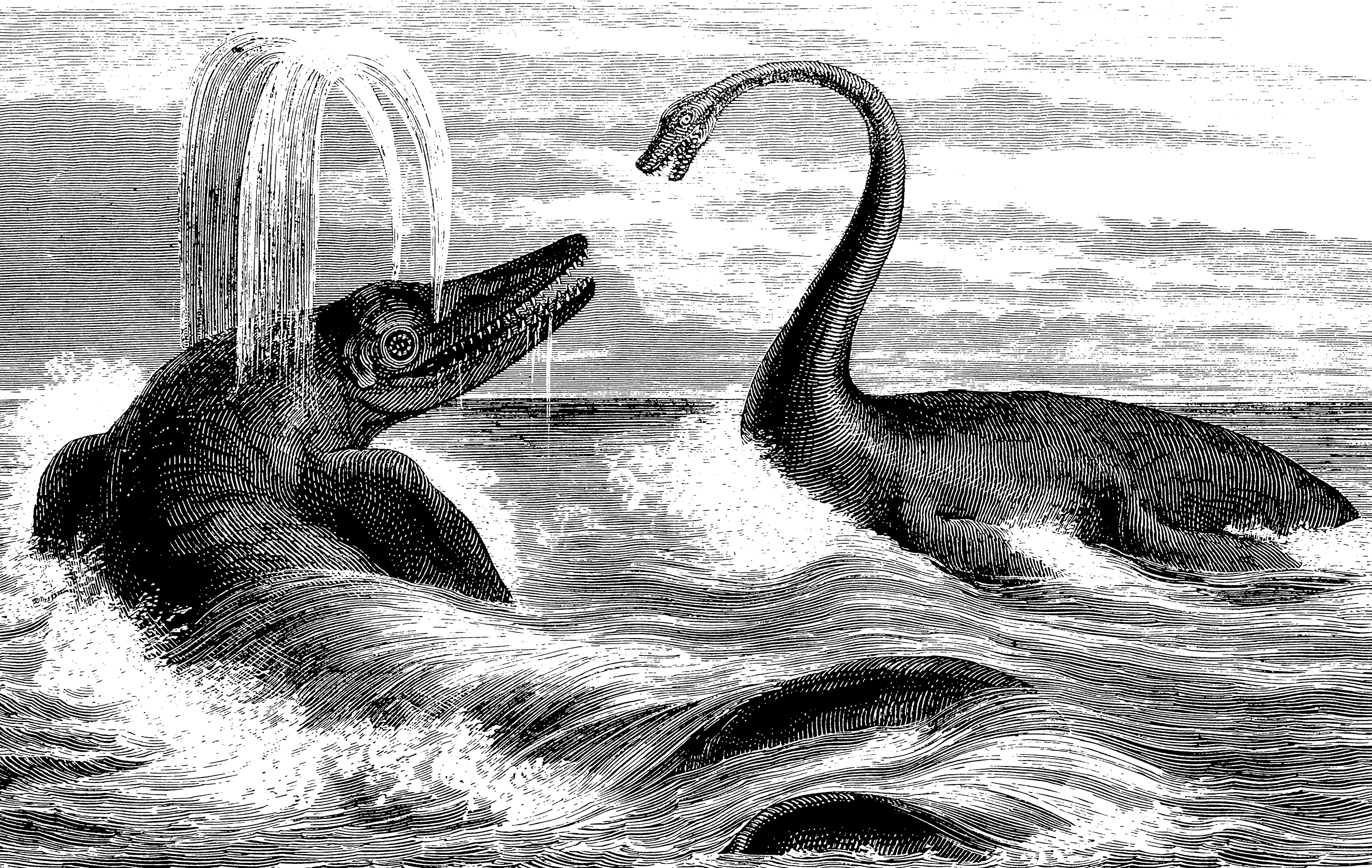
Cows 'twice as likely to contract TB from other cattle than from badgers'
The Daily Telegraph reports on the latest research in the badger culling argument, namely a report based on a 30-year study in Gloucestershire which found that 'although cows are ten times more likely to be infected with TB by badgers than they are to pass the disease to badgers, cattle are twice as likely to be infected by their own species than they are by the black and white creatures.'
Stuart Roberts, Vice President of the National Farmers’ Union, responded, telling the Telegraph that: 'This study covers a lot of things but it is important to address the disease reservoir in wildlife as well. For us, there isn’t just one thing that will deal with this disease, it's a comprehensive approach that involves for both wildlife and cattle control.'
Sign up for the Country Life Newsletter
Exquisite houses, the beauty of Nature, and how to get the most from your life, straight to your inbox.
The secret to survival? Leaving a bad taste in the mouth
Apparently some moths — such as the Tiger Moths, number three (on the top right) in the image below — taste disgusting to predators, according to researchers who have been looking at why they don't bother fleeing from potential predators.
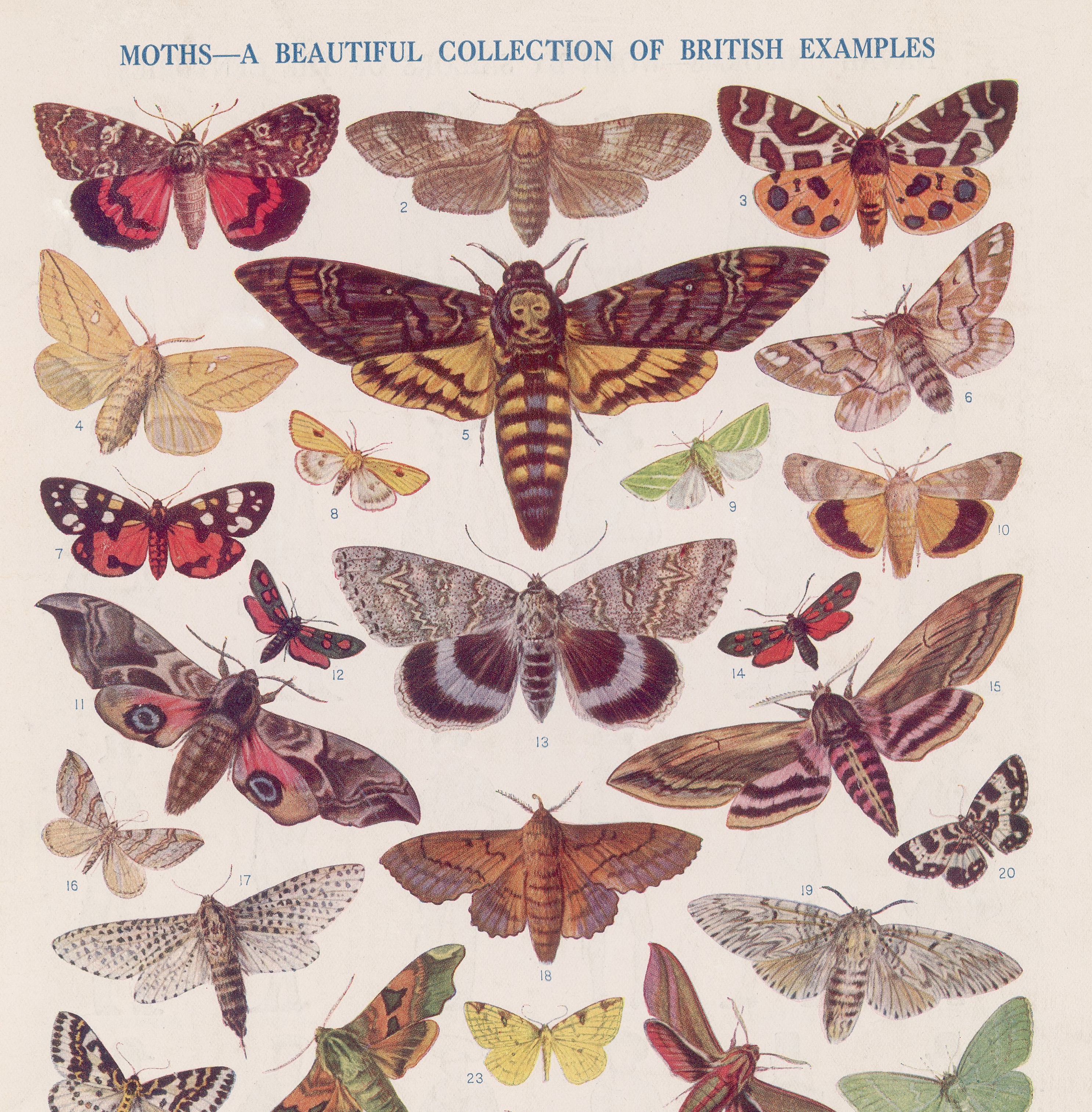
While most moths duck and diver as they try to escape from bats and the like, Tiger Moths seem lackadaisical about trying to escape, says Dr Nicolas Dowdy, of the Milwaukee Public Museum and Wake Forest University.
'Moths with weak or no chemical defences often dive away to escape bat attacks. However, moths with more potent chemical defences are more ‘nonchalant’, performing evasive manoeuvres less often,' he explained.
And finally... the worst survival odds in the history of medicine
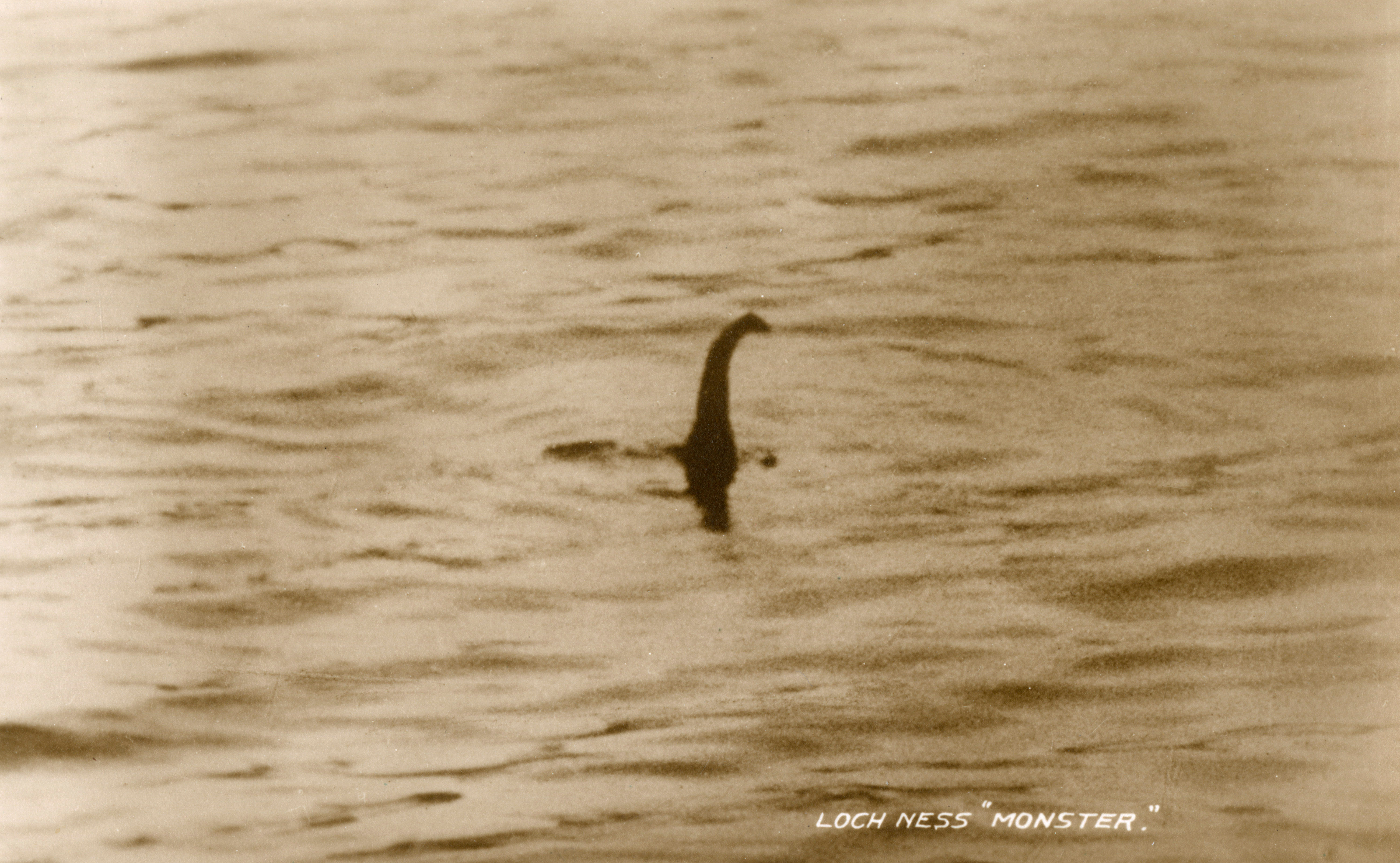
Loch Ness Monster isn't a dinosaur, say scientists — but it might it be a giant eel
After examining 500 million DNA sequences, researchers from New Zealand's University of Otago found no evidence to support popular Loch
Toby Keel is Country Life's Digital Director, and has been running the website and social media channels since 2016. A former sports journalist, he writes about property, cars, lifestyle, travel, nature.
-
 Country Life 7 May 2025
Country Life 7 May 2025The May 7, 2025, issue of Country Life is a patriotic celebration of the 80th anniversary of VE Day, plus much, much more.
-
 Tony Juniper: 'King Charles is the most influential environmentalist of all time'
Tony Juniper: 'King Charles is the most influential environmentalist of all time'Tony Juniper CBE, the head of Natural England, on saving the world, breeding budgies and the King's importance in raising awareness of the plight of Nature.
-
 The brilliant tractor tribute to the NHS from a group of Warwickshire farmers
The brilliant tractor tribute to the NHS from a group of Warwickshire farmersPeople around Britain have been paying tribute to the efforts of our NHS workers at the time of the coronavirus pandemic — but few have been as creative and clever as this one.
-
 London's iconic red bus at risk and 6,000 year old chewing gum gives clues into our DNA history
London's iconic red bus at risk and 6,000 year old chewing gum gives clues into our DNA historyCuts to industry subsidies and an increase in fares has left bus use at its lowest point ever, while DNA extracted from ancient 'chewing gum' allows scientists to decipher the genetic code of a Stone Age woman.
-
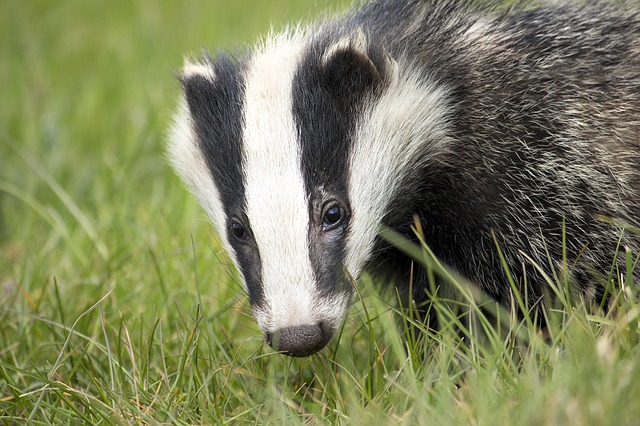 Battle to ban 4x4s from the idyllic Lake District spot bequeathed by Beatrix Potter, eagle fights octopus and the 'snail's pace' climate talks
Battle to ban 4x4s from the idyllic Lake District spot bequeathed by Beatrix Potter, eagle fights octopus and the 'snail's pace' climate talksThis morning we look at Little Langdale's fight for peace, reflect on the climate change talks in Madrid and discover the soundtrack for Brexit.
-
 Country Life Today: How Greta Thunberg shifted the dial on climate change — and the backlash shows just how much
Country Life Today: How Greta Thunberg shifted the dial on climate change — and the backlash shows just how muchThis morning we ponder whether Greta Thunberg is the Joan of Arc for the environmental movement, look at a key election — one from 19 years ago — and ponder the marvel of 'dad tidying'.
-
 Country Life Today: Great news for those who love our great country pubs — the years of decline are over
Country Life Today: Great news for those who love our great country pubs — the years of decline are overThere is a great sign of health in the pub industry, we look back at Edward VIII's abdication message and fret about Greenland's melting ice.
-
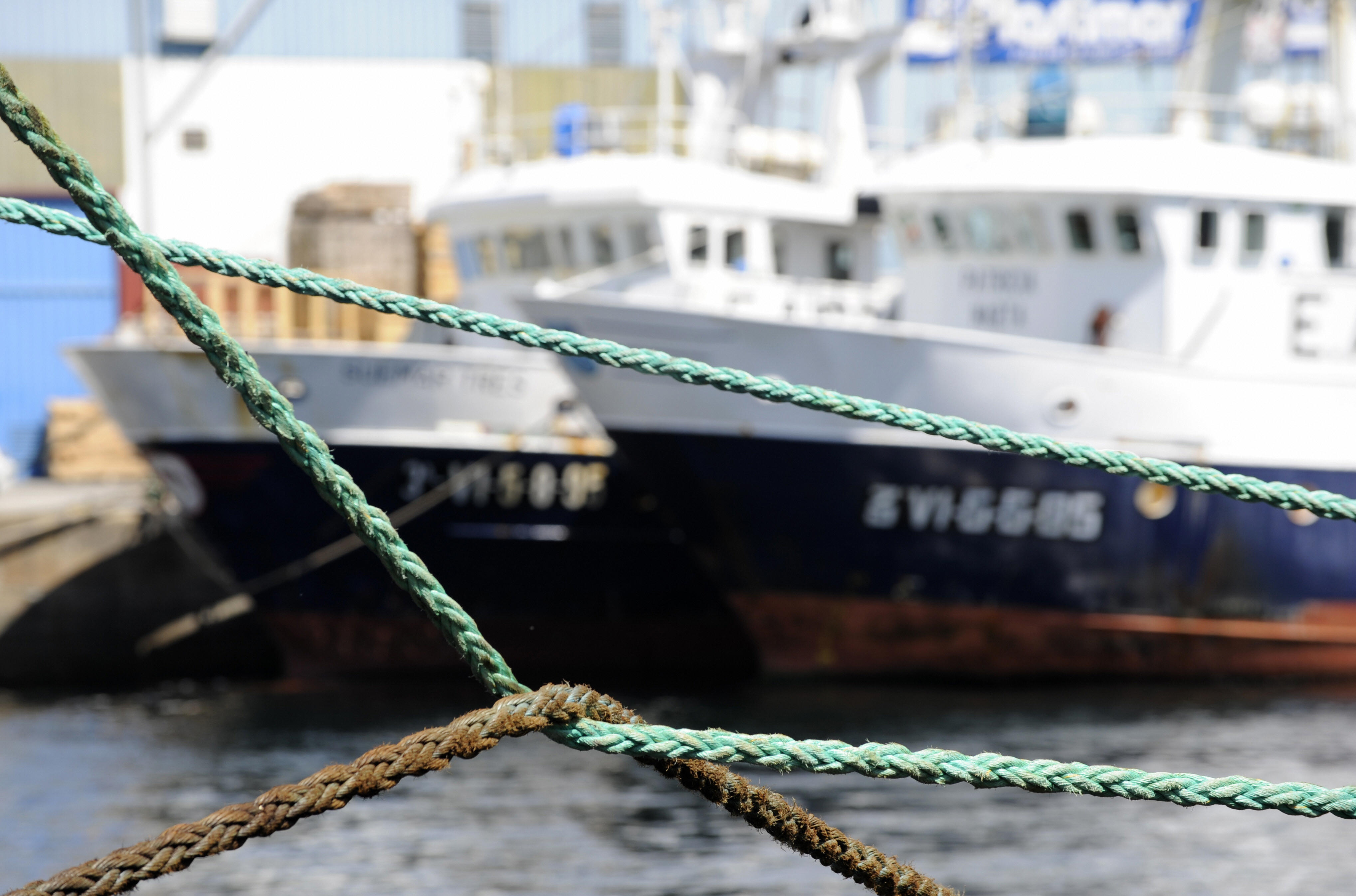 Country Life Today: Spain accused of being 'a deplorable choice' for UN climate conference
Country Life Today: Spain accused of being 'a deplorable choice' for UN climate conferenceA no-holds-barred assault on the Spanish fishing industry, Banksy raising awareness of the homeless and the woes of the Christmas jumper are in today's news round-up.
-
 Country Life Today: 'This is perhaps the ultimate wake-up call from the uncontrolled experiment humanity is unleashing on the world’s oceans'
Country Life Today: 'This is perhaps the ultimate wake-up call from the uncontrolled experiment humanity is unleashing on the world’s oceans'In today's round up, we examine why oxygen loss is putting oceans at risk, discover that action to cut air pollution brings almost immediate benefits to human health and find out which bird's arrival marks the start of winter in Gloucestershire.
-
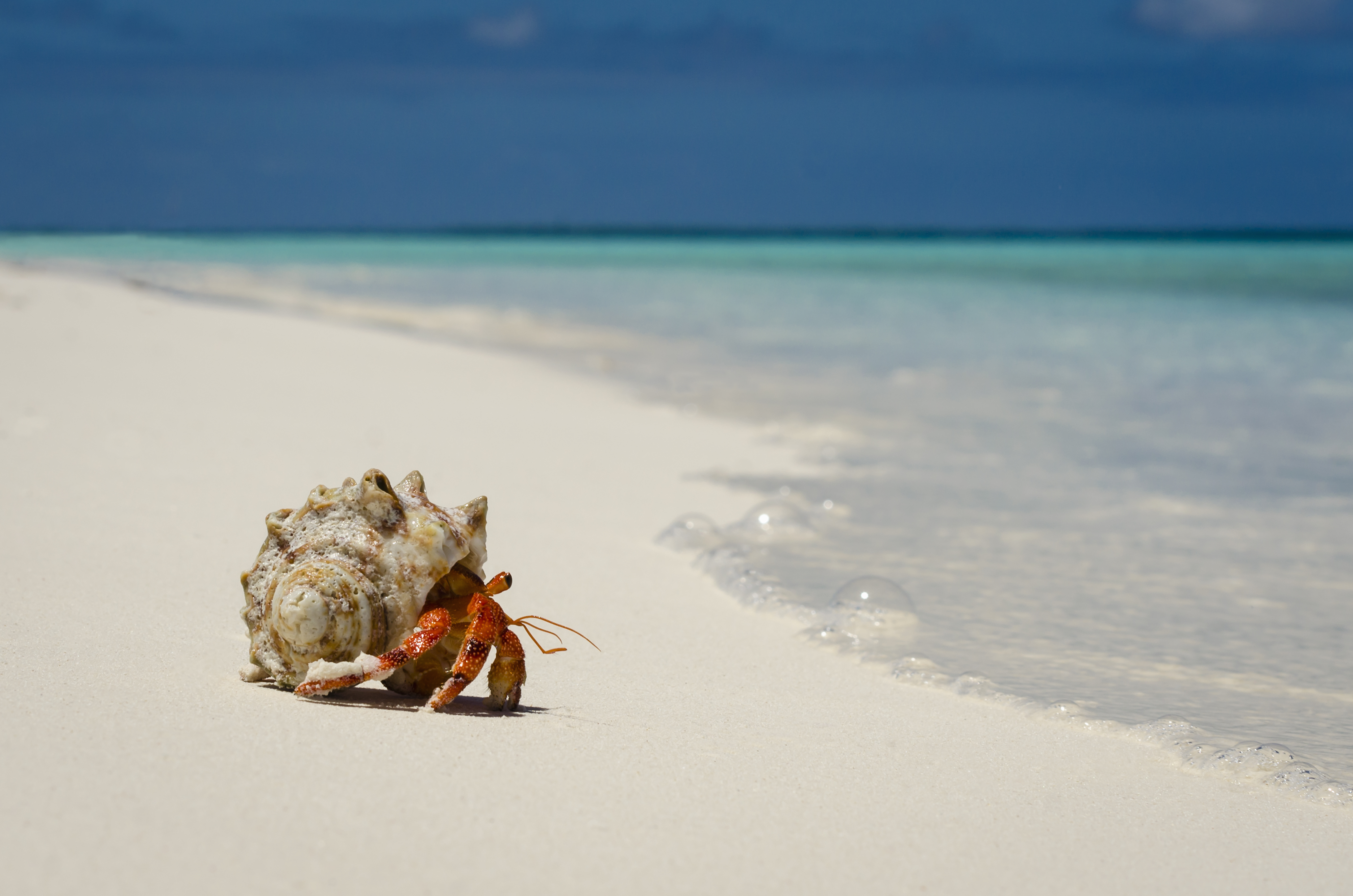 Country Life Today: Why plastic is killing hermit crabs
Country Life Today: Why plastic is killing hermit crabsIn today's round-up, we learn than half a million hermit crabs have died from plastic pollution; find out what the Pope has to say about climate change; and discover why NASA have been 'bombing' the sun.
